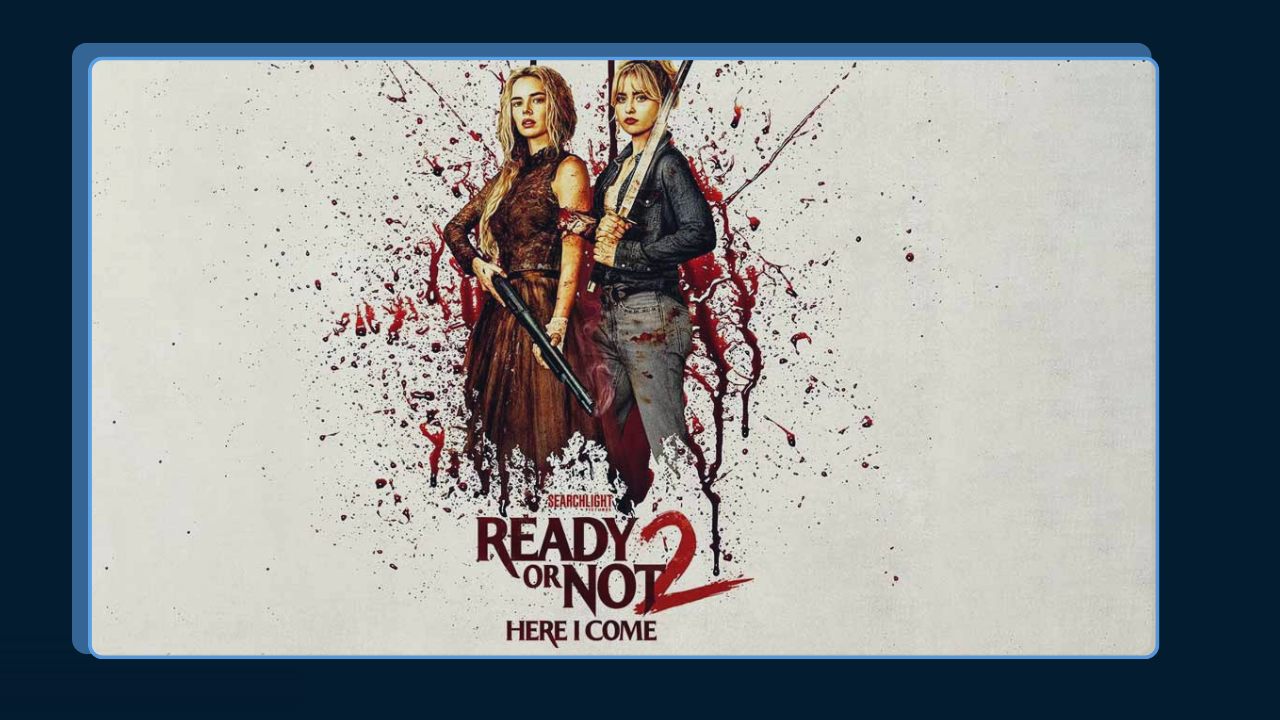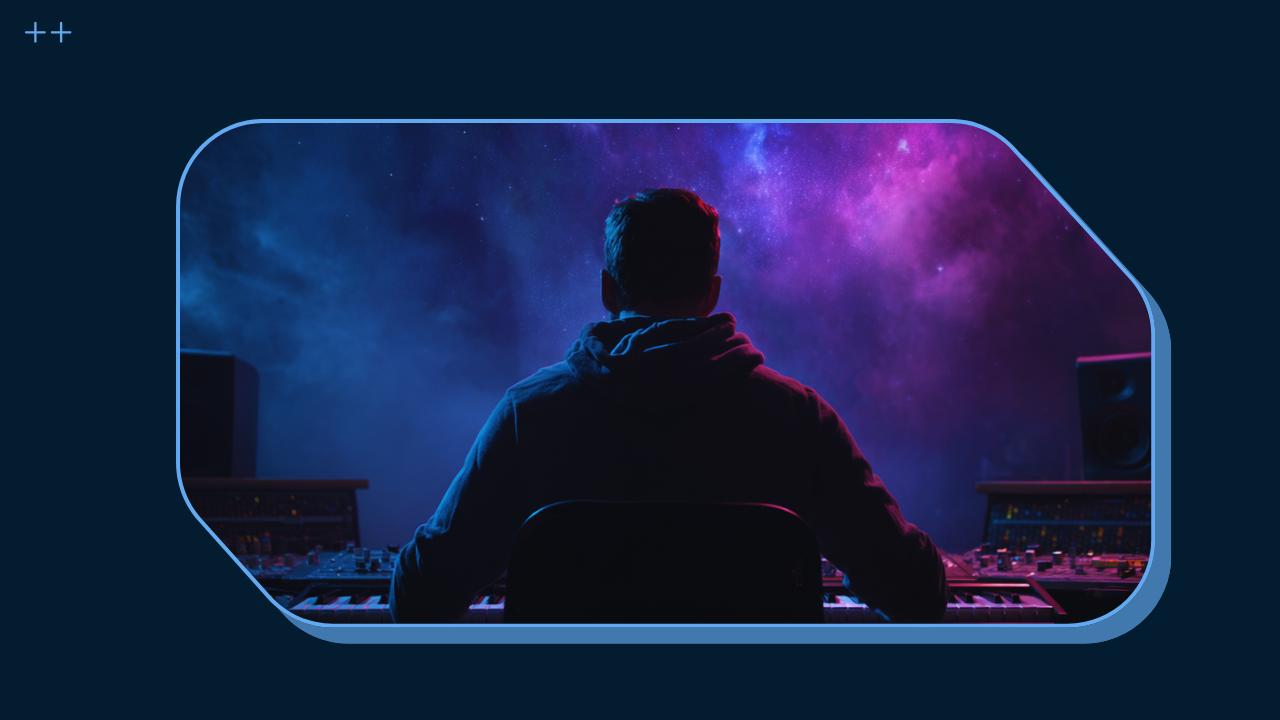Sony’s New Blockchain Platform Could Revolutionize Music Industry Rights
In a bold move that could transform the landscape of music rights and fan engagement, Sony has announced the development of a new blockchain platform called Soneium. This groundbreaking platform, created through Sony’s joint venture with Startale Labs, represents a major step into the Web3 space, with wide-reaching implications across entertainment, finance, gaming, and, notably, music.
Soneium is more than just a blockchain platform—it's a comprehensive Web3 infrastructure that will empower creators, enhance fan interaction, and streamline digital rights management. For the music industry, in particular, this could mean a new era of transparency, security, and revenue opportunities for artists.
What Is Soneium?
Soneium isn’t just another blockchain—it’s a public platform that invites developers, artists, and companies to build on it, forming an open ecosystem where creativity can thrive. Sony has hinted that its extensive entertainment division, which includes Sony Music, could be integrated into Soneium’s framework. This means the potential for musicians to leverage blockchain technology to directly manage their music catalog, tokenize their tracks, and engage with fans in new and innovative ways.
Jun Watanabe, the Head of Advanced Infrastructure Business Search Department at Sony Group Corporation and Chairman of Sony Block Solutions Labs, highlighted the importance of this initiative: “The development of a comprehensive Web3 solution based on blockchain is very significant to the Sony Group, which has developed a wide variety of businesses under its purpose of 'Fill the world with emotion, through the power of creativity and technology.’” Watanabe’s statement underlines Sony’s commitment to using Soneium not only as a blockchain infrastructure but as a vehicle for innovation across its various business sectors, including music.
A Potential Game-Changer for Music Rights
One of the most exciting aspects of Soneium for the music industry is its potential to simplify and protect music rights management. As anyone in the industry knows, managing intellectual property and ensuring that creators are fairly compensated is often a complex and murky process. Blockchain technology, with its transparent, immutable ledger system, is perfectly suited to address these challenges.
With Soneium, artists may be able to tokenize their music, offering a secure and trackable way to manage royalties, licensing, and distribution. This could provide a more direct route for artists to engage with their fans, selling limited editions of tracks or albums as NFTs, or even offering fans a stake in their work through fractional ownership.
Sony’s statement on protecting creators’ rights hints at this potential. According to the press release, Soneium will study “new mechanisms for returning profits to support creators and fans,” which could reshape how musicians—and their supporters—benefit financially from creative output.
Strengthening the Artist-Fan Relationship
In addition to providing new ways to manage rights, Soneium also promises to strengthen engagement between artists and their fan communities. This could be a significant development for musicians looking to build closer connections with their audiences in a more authentic and rewarding way.
Blockchain technology allows for more personalized interactions, such as offering exclusive content, early releases, or fan-driven events through smart contracts. Fans could also become more involved in an artist's creative journey, participating in decisions or directly supporting new projects through decentralized platforms built on Soneium.
For indie artists and smaller labels, the ability to bypass traditional gatekeepers like streaming platforms or record labels could democratize the industry. Musicians may have more control over how their work is distributed and monetized, keeping a larger share of the profits while also providing fans with more meaningful ways to support their favorite creators.
One example of this is 3LAU, an electronic music artist who used blockchain technology to release an album as NFTs (non-fungible tokens) through his platform Royal. Fans who purchased these NFTs not only got access to exclusive content and early releases, but they also earned royalties every time the songs were played. This gave fans a stake in the success of the music, deepening their involvement in the creative journey and providing more meaningful support to the artist.
Photo Credit: EDM.com
In a decentralized platform like Soneium, indie artists could implement similar models, allowing fans to participate in project funding, access exclusive perks, and even influence creative decisions like album artwork or tour locations.
Web3 and the Future of Music
The potential of Web3 technology to disrupt traditional business models has long been discussed, but Sony’s entrance into the space with Soneium could push the music industry further into the decentralized future. For years, artists have been seeking new ways to monetize their work outside of streaming platforms, where payouts remain notoriously low for most musicians. Blockchain could offer a viable alternative by facilitating direct artist-to-fan transactions and offering new ways to capitalize on digital assets.
Sony’s deep roots in the music industry give it a unique advantage. With Sony Music as part of its entertainment portfolio, the company is already positioned as a key player in both digital rights management and artist promotion. By incorporating blockchain into its offerings, Sony is likely to become a leader in the music industry’s transition to Web3.
What’s Next for Music on Soneium?
While Soneium is still in its early stages, with plans to launch a testnet soon, the potential applications for the music industry are vast. Artists, developers, and music tech companies will likely be invited to build on the platform, creating innovative ways for artists to protect their rights, engage with fans, and monetize their creativity.
For now, it’s clear that Sony’s venture into blockchain technology is more than just an experiment—it’s a strategic move aimed at reshaping multiple industries, including music. With Soneium, Sony is offering a glimpse into what could be the future of music distribution and fan interaction in the age of decentralization.
As this technology continues to develop, musicians, labels, and fans alike should keep a close eye on how blockchain platforms like Soneium evolve. The days of complicated rights management and disconnected fan experiences may soon be a thing of the past, with blockchain leading the way toward a more equitable and interactive future for the music industry.
Let’s Collaborate!
Need help building the tone for your production? Hit us up – the Rareform Audio team would love to help you create the perfect soundtrack that speaks to your audience and enhances the power of your visual storytelling to new heights!
Rareform Highlights



































